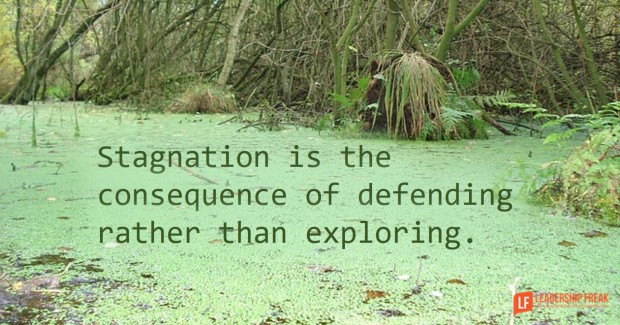Um sector, o da pesca da sardinha, a precisar seriamente de mudar de modelo de negócio, a ser verdade
isto:
"Para os consumidores o preços devem continuar elevados este ano. A estimativa é da Federação dos Sindicatos do Sector da Pesca que sublinha, no entanto, que os pescadores continuam a lucrar pouco.
...
O coordenador da Federação garante ainda que "a sardinha cara pode ser uma ideia que se coloca no consumo e que é artificial em relação aquilo que está a ser pago à produção"."
Claro que quando um agente no ecossistema da procura não percebe o quanto o mundo mudou, e não tem a auto-confiança suficiente, logo apela à intervenção do pedo-mafioso mor, o Estado:
""Devia ser instituído um preço máximo de lucro entre a produção e o consumo. Ganhavam todos: os consumidores que compravam mais barato e os produtores que vendiam mais caro", afirma Frederico Pereira."
Se calhar existem dezenas de leis e regulamentos que dificultam a relação directa pescador-consumidor. No entanto, ouso sugerir: MUDEM DE MODELO DE NEGÓCIO!!! A lei não permite? A lei também não permite a Uber e, no entanto, ela existe.
.
Ainda ontem à noite o @veryhighalpha chamou-me a atenção para "
From Dock To Dish: A New Model Connects Chefs To Local Fishermen":
"The pile of fish marks an important step toward a fundamentally different way that prominent chefs are beginning to source American seafood: the restaurant-supported fishery.
.
Call it an evolutionary leap from community-supported-agriculture programs, which support local farmers, and community-supported fisheries, which support small-scale fishermen. Both models rely on members who share the risks of food production by pre-buying weekly subscriptions.
.
But chefs buy seafood in quantities that dwarf what individuals or families can purchase, so restaurant-supported fisheries could take the concept to a whole new level.
...
The idea behind the restaurant-supported fishery isn't only about moving chefs away from the mostly imported seafood we typically eat: shrimp, tuna, tilapia and farmed salmon. For fishermen like Hodge, it means he will be able to consistently sell his catch at a higher price than he can get from a wholesaler, enabling him to keep the Myrna Louise, his 17-foot, biodiesel-powered skiff named for his mother, afloat."
Não há startups que criem plataformas para fazer a ligação entre pescadores e consumidores? Ou entre pescadores e restaurantes?
.
Reparar que no modelo de negócio deste exemplo mudam:
- as prateleiras (canais);
- as fontes de receita (subscrição e preço unitário);
- produto (espécies pescadas localmente e menos conhecidas);
Voltando ao texto, uma associação de pescadores a desenvolver um modelo de negócio deste tipo ou outro, deveria considerar a aposta em influenciadores e prescritores para fazer subir o valor percepcionado do mercado de um peixe como a cavala.






%2006.21.jpeg)











